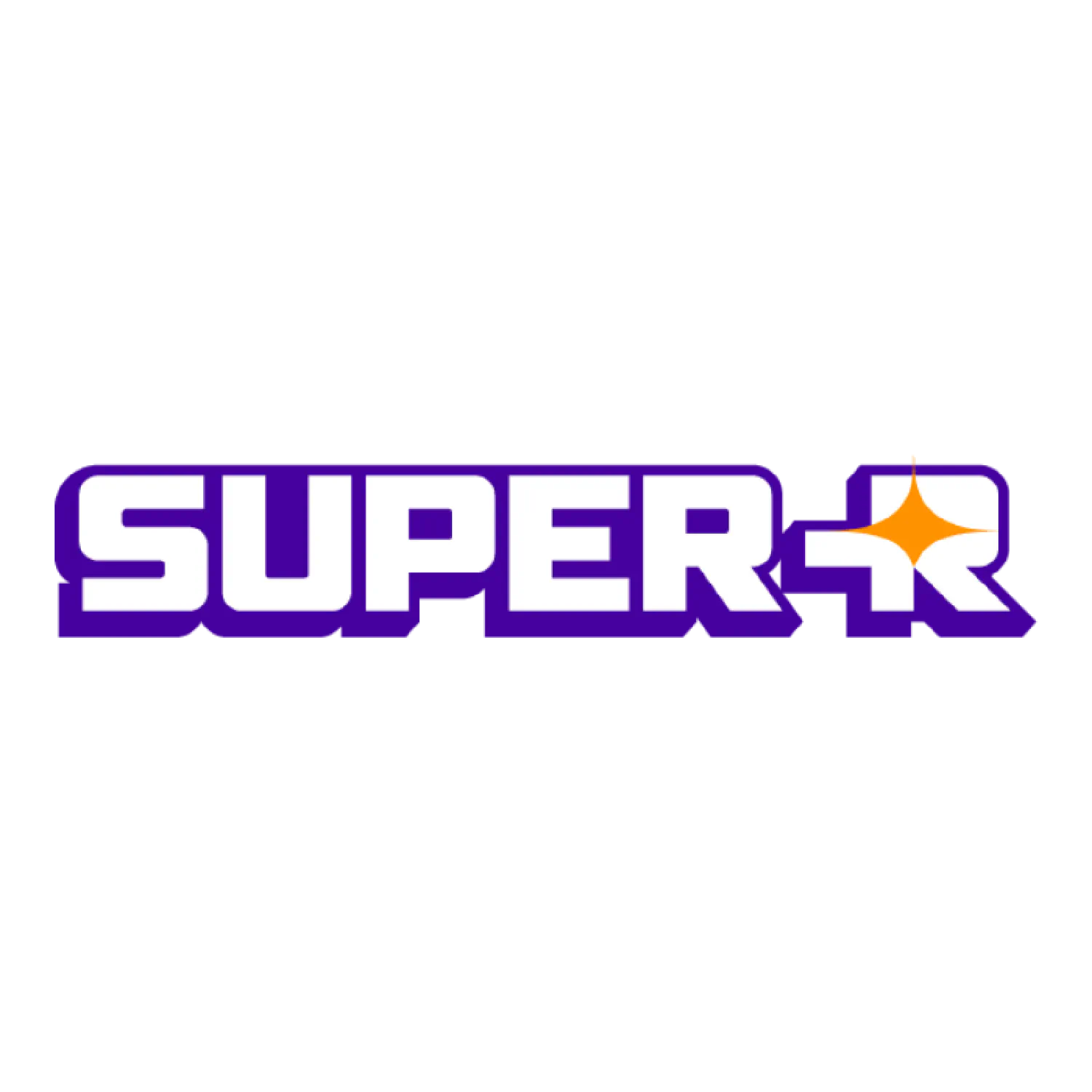Super-R

Welcome to the “SUPER-R” project, an innovation by CEDIS at the University of Brasília
Coordinated by professor George Marsicano Corrêa , the “SUPER-R” project is an innovative initiative applied to the Software Requirements course within the Software Engineering program at the University of Brasília (UnB). By integrating gamification and Project-Based Learning (PBL), SUPER-R aims to transform the teaching-learning process through interactive challenges, immersive narratives, and motivational strategies inspired by the Octalysis framework. The project seeks to develop both technical and socio-emotional competencies, such as critical thinking, teamwork, and autonomy, bringing students closer to real-world software engineering practice.
About the project
“SUPER-R” is the result of a student-centered pedagogical approach focused on active engagement in the Software Requirements course. Based on an iterative structure, the project involved identifying students’ motivational profiles and building gamified narratives with missions, operations, and challenges aligned with the course curriculum. The initiative incorporates playful elements and real-world projects, fostering practical application of technical knowledge in an engaging and collaborative environment.
Objectives and benefits
The main goal of the project is to make learning more meaningful and motivating through a combination of games and real-life projects. Specifically, it aims to:
- Increase student engagement and motivation;
- Facilitate understanding of complex software requirements concepts;
- Encourage active, collaborative, and hands-on learning;
- Evaluate the effectiveness of gamification in software engineering education;
- Create a replicable strategy for other courses and educational contexts.
As a result, students develop essential skills for the job market, with a strong emphasis on communication, leadership, critical analysis, and creative problem-solving.
Resources and methodology
SUPER-R combines structured gamification, based on the eight Core Drives of the Octalysis model, with the PBL methodology, fostering autonomy, experimentation, and real-world problem-solving. Students actively participated in designing and implementing the gamified experience, contributing to the selection of techniques, creation of badges, and definition of the central narrative. The project also includes peer evaluation tools, motivation indicators, mission structures for course units, as well as support materials, templates, and visual artifacts.
How to participate/contribute
Those interested in learning more or collaborating with the SUPER-R project—including faculty members, students, and institutional partners—may contact professor George Marsicano Corrêa at georgemarsicano@unb.br. This is an excellent opportunity to engage with a transformative educational initiative that brings together technology, innovation, and meaningful learning in the context of software engineering education.
